Roman Payne
Roman Payne – born 1977 is a novelist and poet currently living in political exile in Morocco. ‘The book, Wanderess’ – since its publication in 2013, has influenced art and cultures the world over according to a Goodreads review.
Roman Payne – born 1977 is a novelist and poet currently living in political exile in Morocco. ‘The book, Wanderess’ – since its publication in 2013, has influenced art and cultures the world over according to a Goodreads review.
Isaac Asimov 1920 – 1992
This quote suggests that technology can be helpful and convenient, but also dangerous and unpredictable.
It warns us to be careful and responsible with how we use and create technology, as it may have unintended consequences or turn against us.
John Lennon was an English singer, songwriter, musician and peace activist who gained worldwide fame as the founder, co-songwriter, co-lead vocalist and rhythm guitarist of the Beatles.
Lennon’s work included music, writing, drawings, and film. His songwriting partnership with Paul McCartney remains the most successful in history.

Warren Buffet is one of the most successful investors and business owners in the world, and he has shared many of his insights and wisdom on money and investing.
This quote is just one of many…
In Athens, Plato founded a philosophical school where he taught the philosophical doctrines that would later become known as Platonism.
Walt Disney was an American animator, film producer and entrepreneur. A pioneer of the American animation industry, he introduced several developments in the production of cartoons. As a film producer, he holds the record for most Academy Awards earned and nominations by an individual.
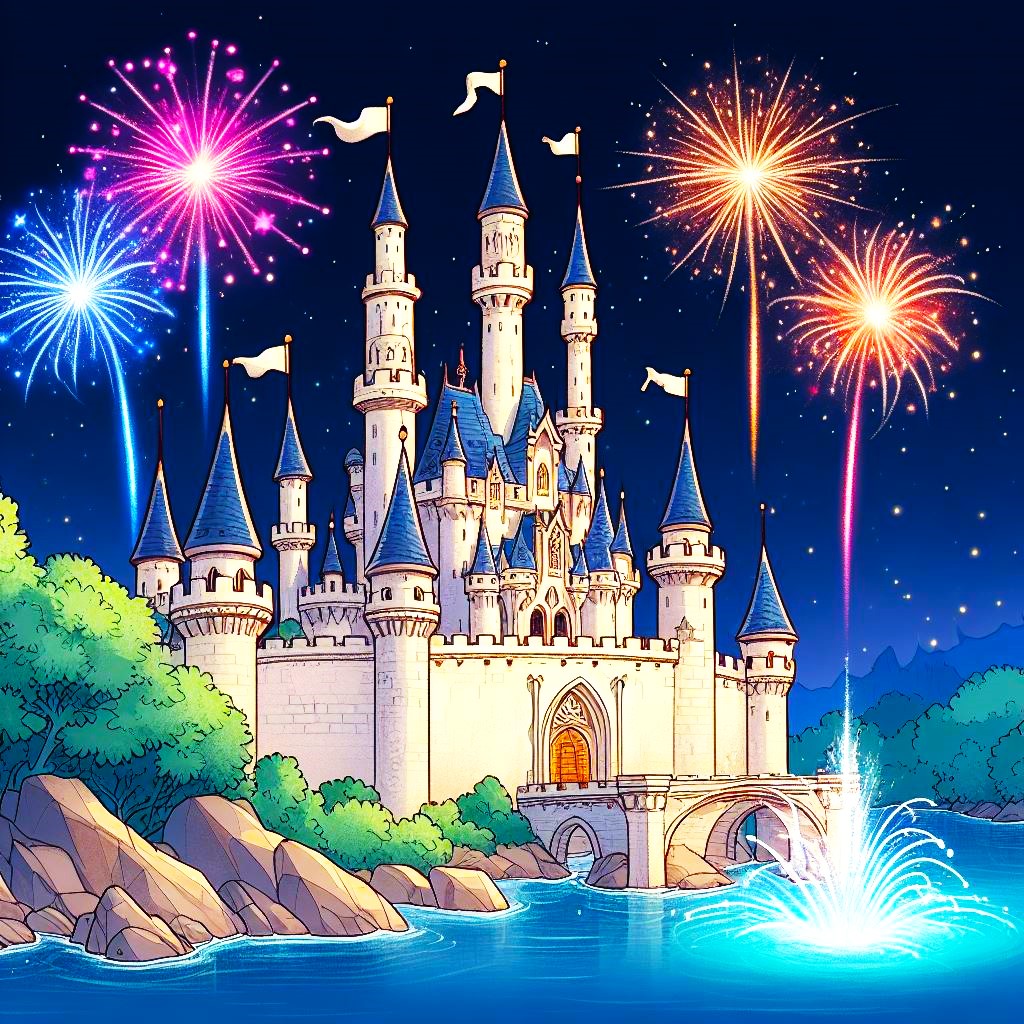
Sir Winston Leonard Spencer Churchill
He was a British statesman, soldier, and writer who served as Prime Minister of the United Kingdom twice, from 1940 to 1945 during the Second World War, and again from 1951 to 1955.
He is considered one of the best-known, and some say one of the greatest statesman of the 20th century. He was also a Nobel Prize winner in literature for his speeches and books.
He is famous for his inspiring quotes, such as ‘Never give in, never give in, never, never, never, never—in nothing, great or small, large or petty—never give in except to convictions of honour and good sense.‘

‘Any sufficiently advanced technology is indistinguishable from magic.’
Arthur C. Clarke 1917 – 2008
Profiles of the Future: An Inquiry into the Limits of the Possible
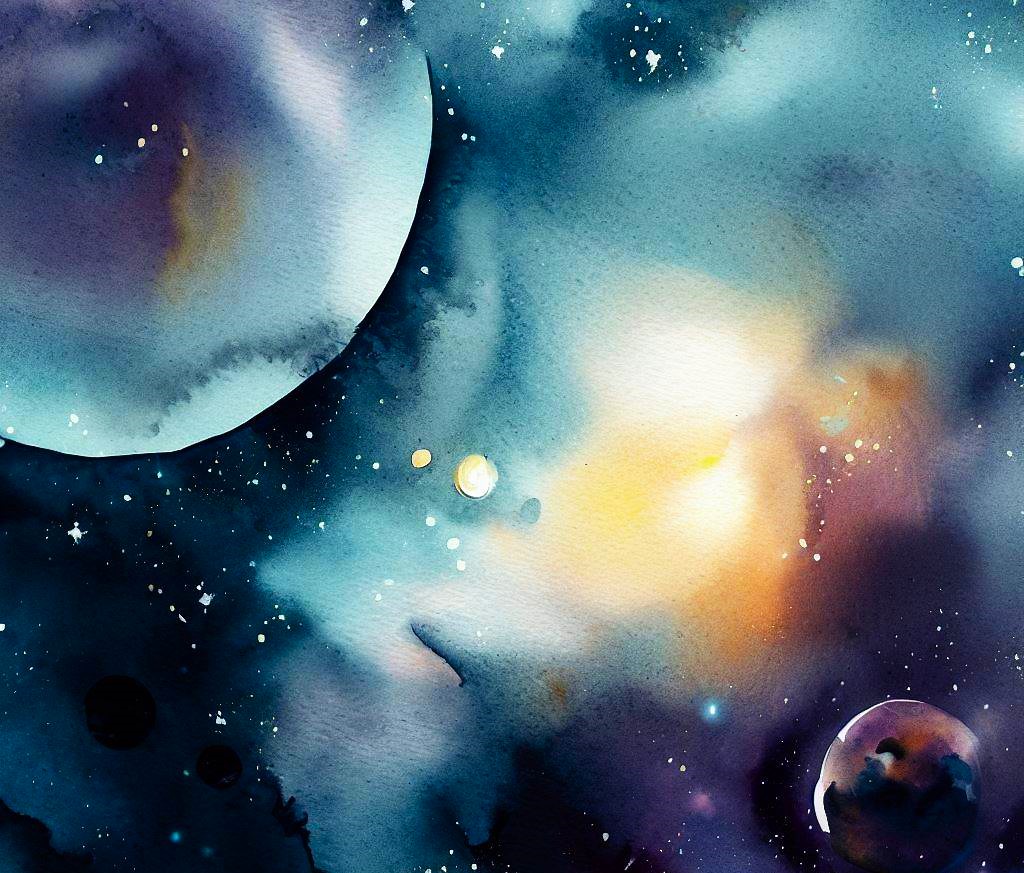

Martin Luther King Jr. was a civil rights leader and Nobel Peace Prize laureate who advocated for nonviolent resistance against racial oppression in the United States.
He is best known for his famous ‘I Have a Dream’ speech, delivered at the March on Washington in 1963, where he called for an end to racism and a vision of a society where people are judged by the content of their character, not the colour of their skin.
Martin Luther King Jr. was assasinated in 1968.

William Shakespeare was an English playwright, poet and actor. He is widely regarded as the greatest writer in the English language and the world’s pre-eminent dramatist. He is often called England’s national poet and the ‘Bard of Avon’ (or simply ‘the Bard’).
A bard is a poet, especially one who writes or recites epic or heroic poems. This is the most common and literary meaning of the word.
A bard is also a term for a professional poet-singer or minstrel in ancient Celtic cultures, who was employed by a patron to praise their deeds and ancestors, and to preserve historical and traditional knowledge in verse.
The ‘bards’ were highly respected and influential in Gaelic and Welsh societies, and their poems were often accompanied by musical instruments such as the harp.

John Ronald Reuel Tolkien CBE FRSL was an English writer and philologist. He was the author of the high fantasy works The Hobbit and The Lord of the Rings.
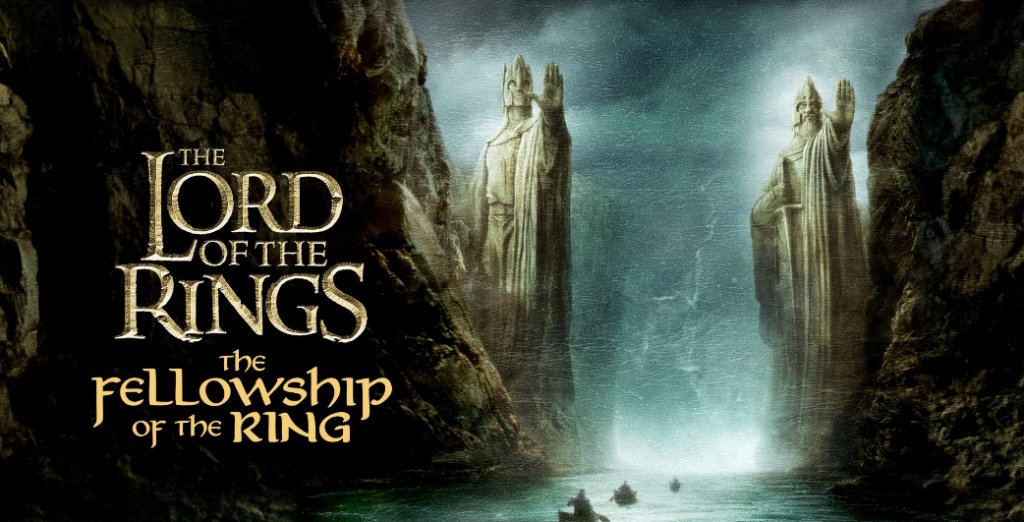
Lao Tzu (also spelled Laozi or Lao-Tze) was a semi-legendary ancient Chinese philosopher who is credited with writing the Tao Te Ching, a classic of Chinese philosophical-religious literature.

According to legend, Lao Tzu met Confucius, the founder of Confucianism, and impressed him with his wisdom. He also tried to teach people the way of the Tao, but found them unwilling to listen. He then decided to leave civilization and retire into seclusion. Before he departed, he wrote down his teachings in the Tao Te Ching at the request of a border guard. Some Taoist sects believe that he then became an immortal.
Lao Tzu’s influence on Chinese culture is immense. He is regarded as the ancestor of the Tang dynasty (618-907 CE), one of the most prosperous and powerful periods in Chinese history. He is also revered as a deity in religious Taoism and Chinese folk religion, under the name Laojun, one of the ‘Three Pure Ones’.
His teachings have inspired many other philosophers, poets, artists, and leaders throughout history and across the world.

George Orwell 1903 – 1950
George Orwell 1903 – 1950. This quote is ‘attributed’ to George Orwell, a British writer and journalist who is best known for his novels 1984 and Animal Farm. But this quote is most likely NOT an Orwell one – eventhough it is widely accepted as his.
It is most likely that Orwell never wrote or spoke these words, even though they have a broadly Orwellian dystopian feel to them. It would appear that this quote was first written by a conservative writer in 2009, but has been almost universally misattributed to Orwell in the intervening 12 years.
The earliest record found found and apparently the original, was descovered in a column by the conservative writer Selwyn Duke, written in 2009.
Selwyn Duke is a conservative writer and commentator who has published articles on various topics such as politics, culture, religion, and science.
Duke is known for his traditionalist and sometimes controversial views on issues such as immigration, feminism, transgenderism, and vote fraud. He has written for several online and print outlets, such as The Hill, The American Conservative, WorldNetDaily, and American Thinker.
He also has a personal website where he posts his opinions and media appearances, and is active on X.
Selwyn Duke should not to be confused with George Orwell, a British author who wrote novels such as 1984 and Animal Farm. A quote that is often misattributed to Orwell actually originated from a 2009 opinion piece by Duke

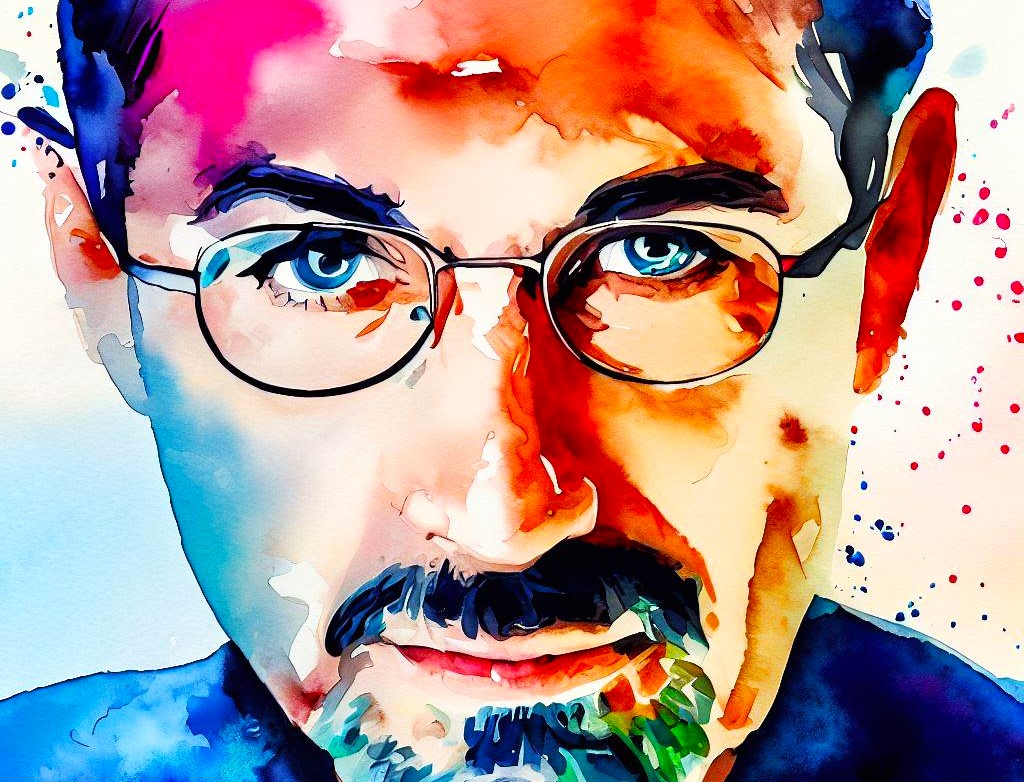

Martin Luther was a German theologian and leader of the Protestant Reformation in the 16th century. He is known for his writings and teachings on topics such as justification by faith, the authority of Scripture, the priesthood of all believers, and the freedom of the Christian.
He also translated the Bible into German and wrote many hymns, catechisms, and commentaries.
He is widely regarded as one of the most influential figures in the history of Christianity.
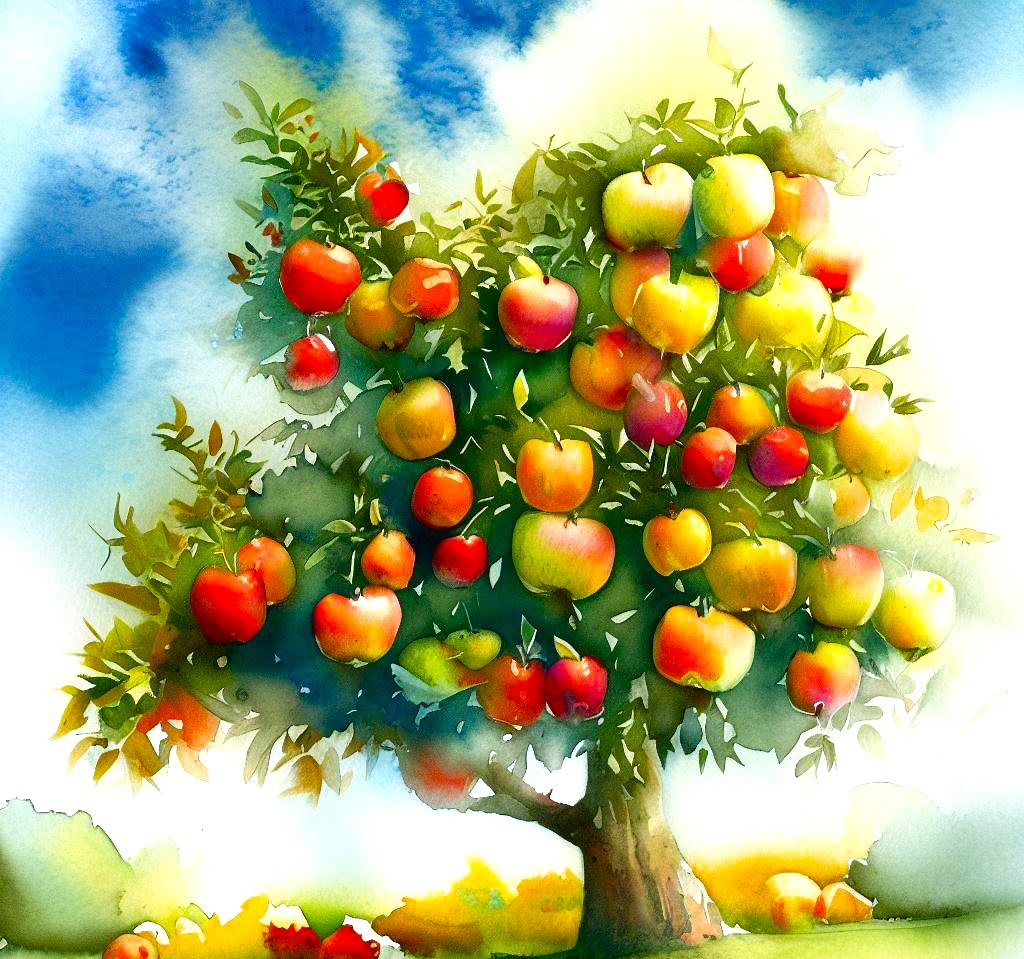
Martin Luther was a German theologian and leader of the Protestant Reformation in the 16th century. He is known for his writings and teachings on topics such as justification by faith, the authority of Scripture, the priesthood of all believers, and the freedom of the Christian.
He also translated the Bible into German and wrote many hymns, catechisms, and commentaries.
He is widely regarded as one of the most influential figures in the history of Christianity
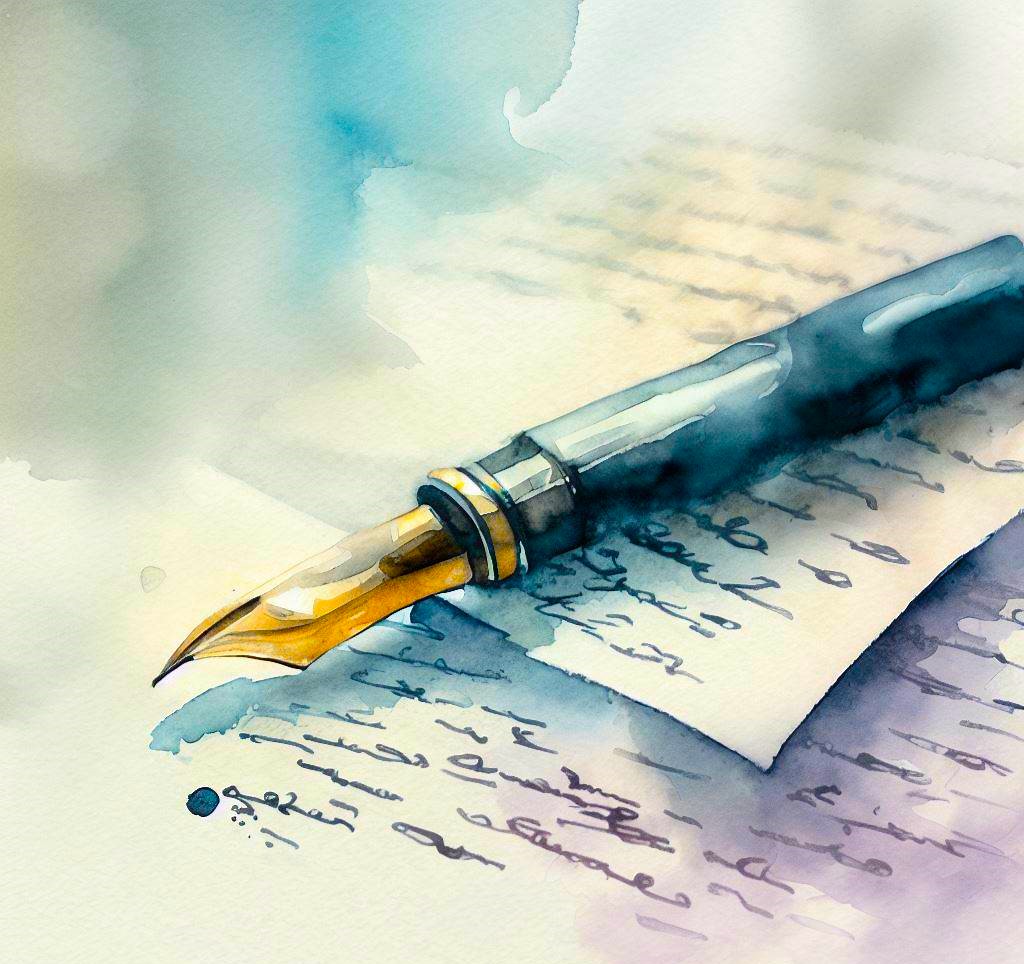
Elbert Hubbard – was an American writer, publisher, artist, and philosopher. He was a travelling salesman.
Hubbard is best known as the founder of the Roycroft artisan community in New York, an influential exponent of the Arts and Crafts movement.
No, nor me – never heard of him, but I really like this quote.

He was an anti-colonial nationalist, Indian lawyer and political ethicist who employed nonviolent methods to lead the successful campaign for India’s independence from British rule.
Gandhi, who led a major nonviolent protest against the British rule in India by marching to the sea to make salt. He was also known as Mahatma Gandhi, meaning ‘great soul’ in Sanskrit.
He inspired millions of Indians to join his campaign of civil disobedience, or satyagraha, which means ‘truth force’ or ‘soul force’ in Sanskrit.
He was arrested several times by the British authorities, but he never gave up his fight for India’s independence. He is widely regarded as the father of the Indian nation and a global symbol of peace and justice.
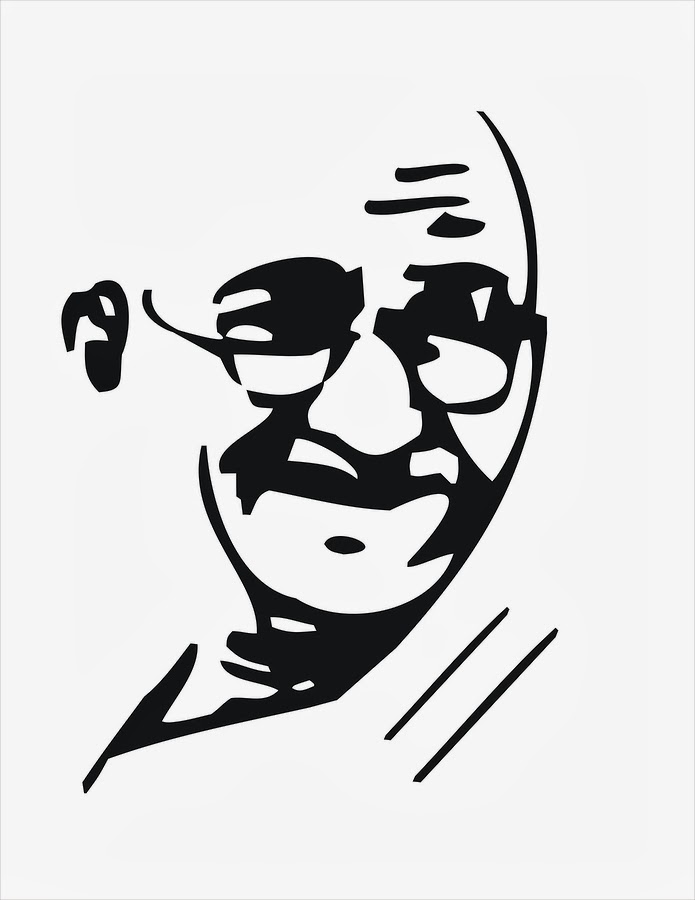
Earhart was the first female aviator to fly solo across the Atlantic Ocean. She set many records and was one of the first aviators to promote commercial air travel.
She also wrote best-selling books about her flying experiences, and was instrumental in the formation of ‘The Ninety-Nines’, an organization for female pilots.

Henry David Thoreau 1817 –1862
He was an American naturalist, essayist, poet, and philosopher and leading transcendentalist.
Transcendentalism is a philosophical, spiritual, and literary movement that developed in the late 1820s and 1830s in the New England region of the United States.
A core belief is in the inherent goodness of people and nature, and while society and its institutions have corrupted the purity of the individual, people are at their best when truly ‘self-reliant’ and independent.

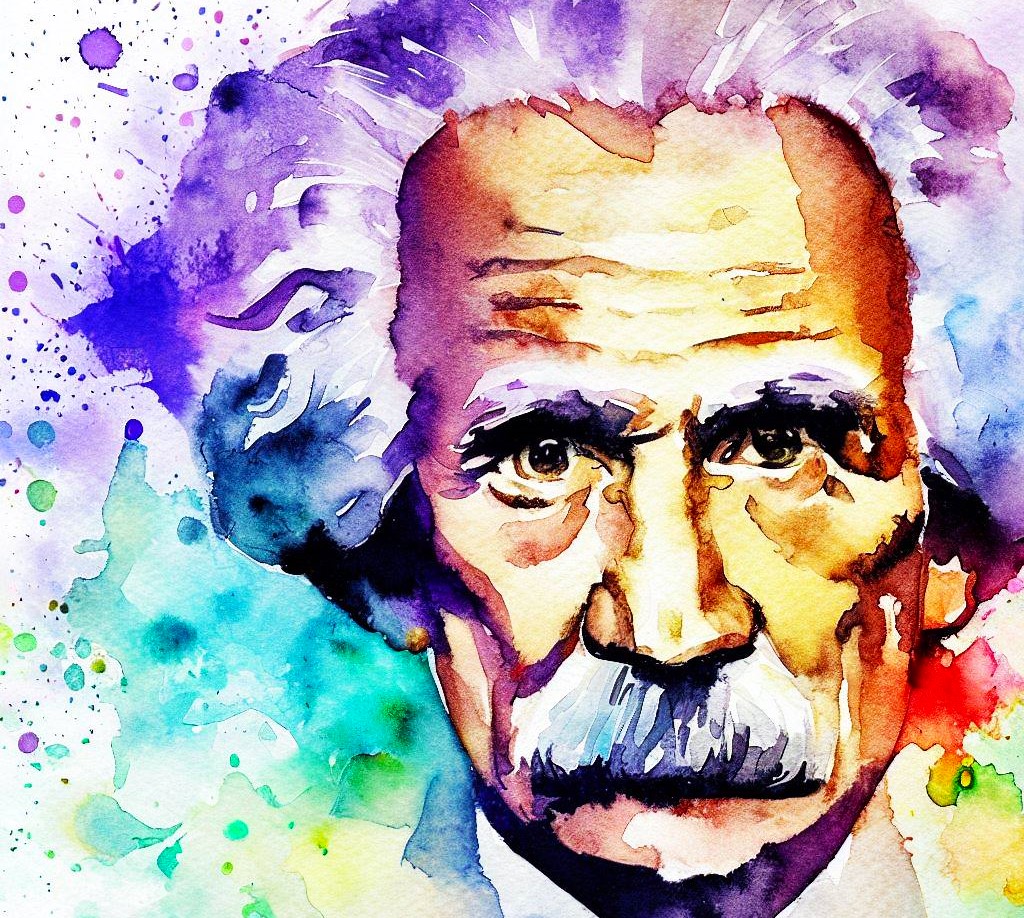
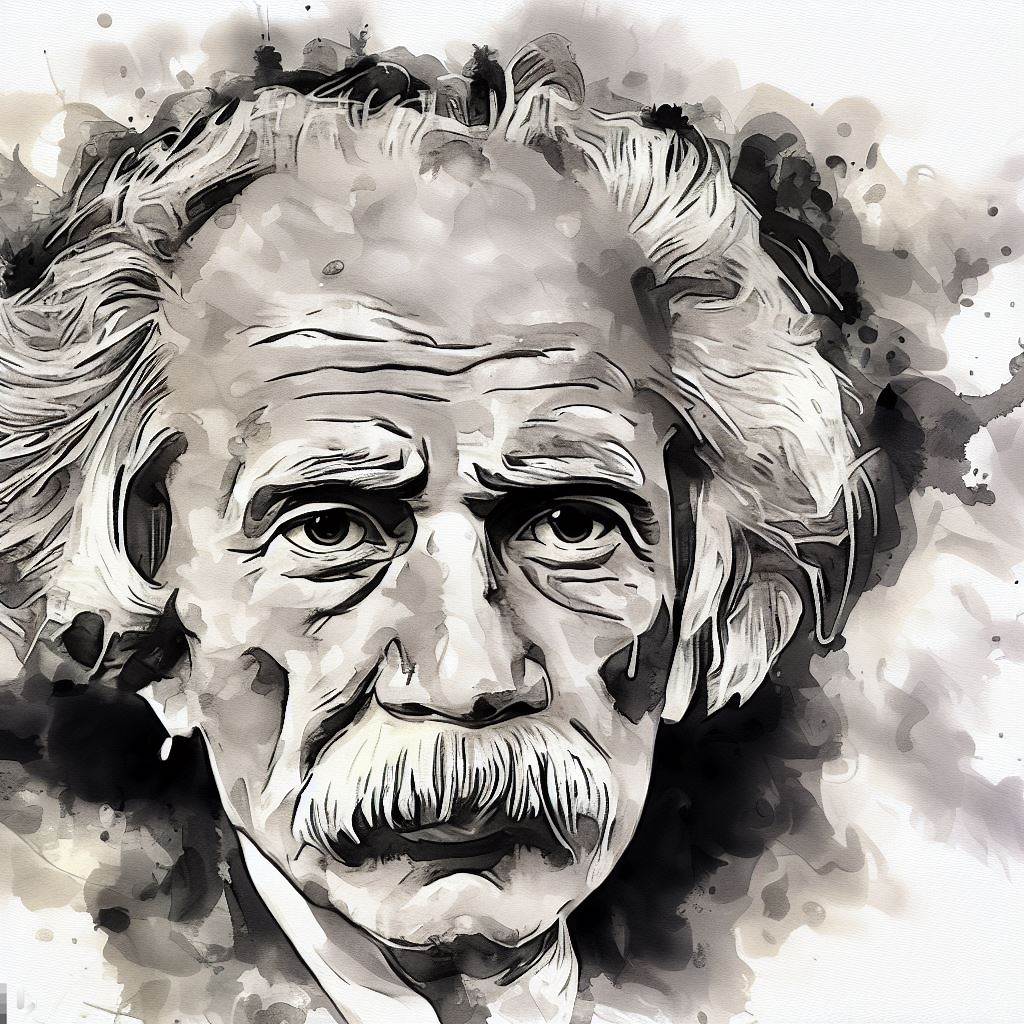
William Penn was an English writer, religious thinker and philosopher, and influential Quaker who founded the Province of Pennsylvania during the British colonial era.
Penn was an advocate of democracy and religious freedom.